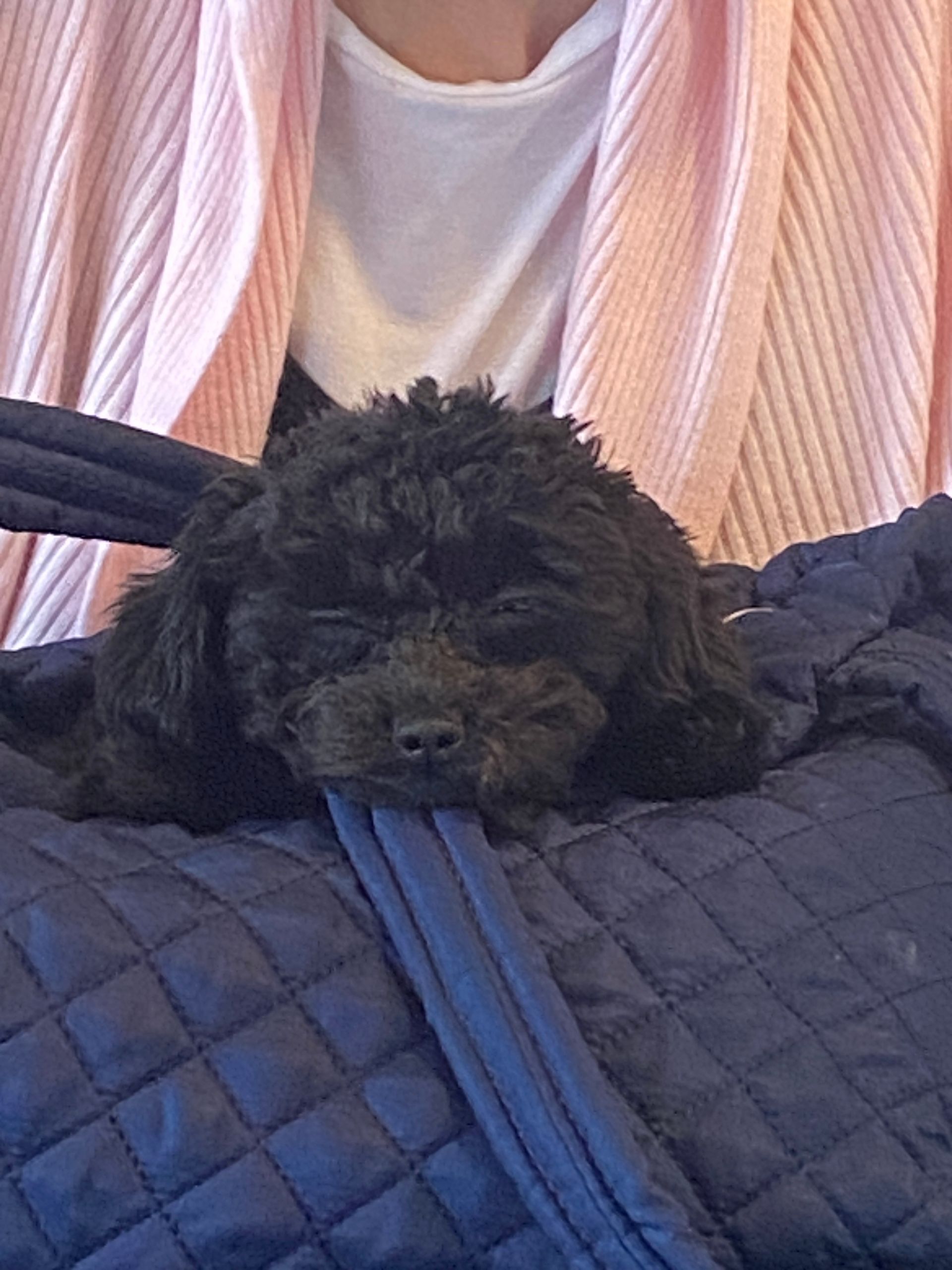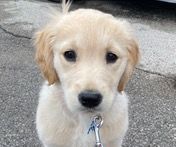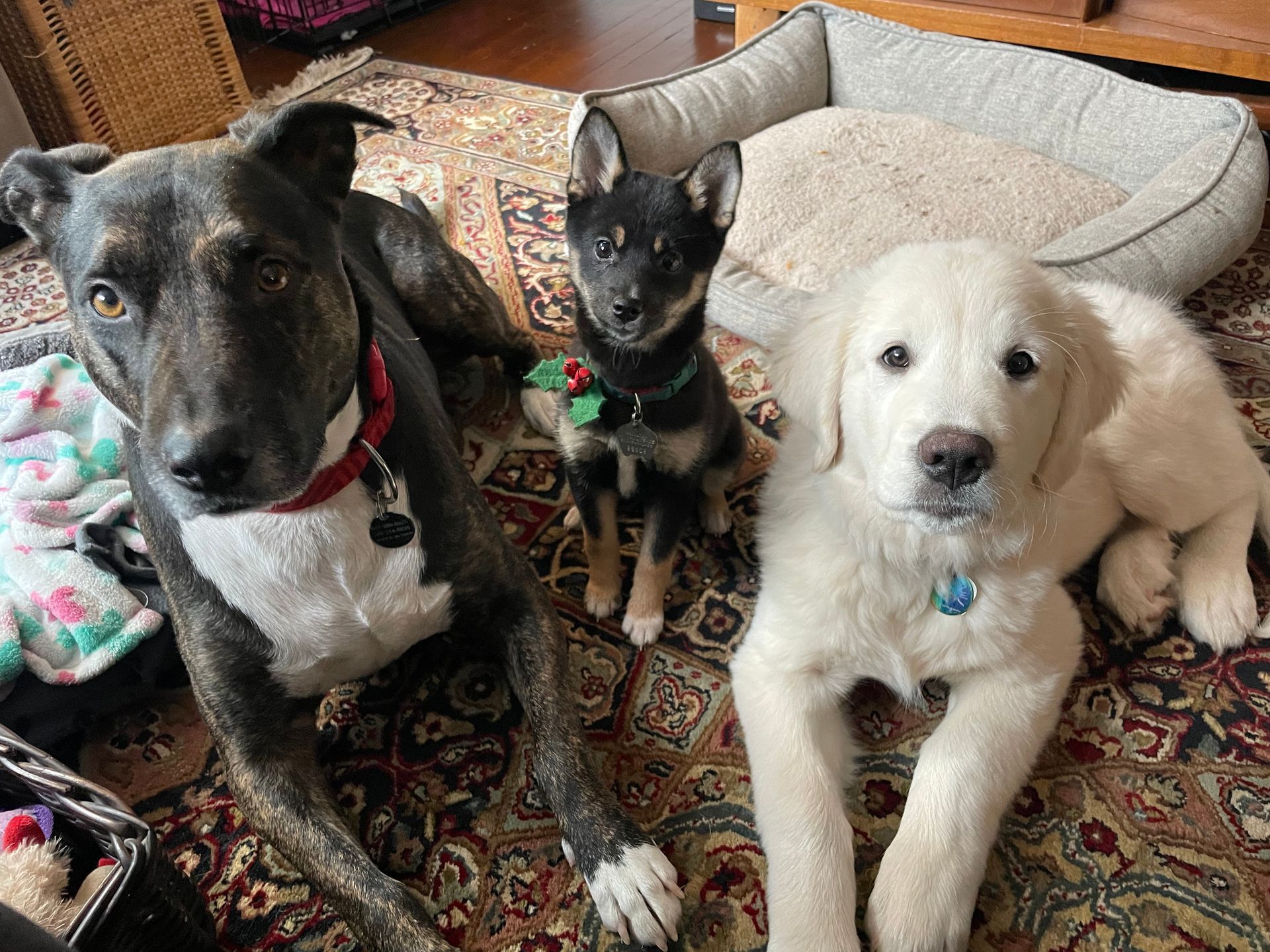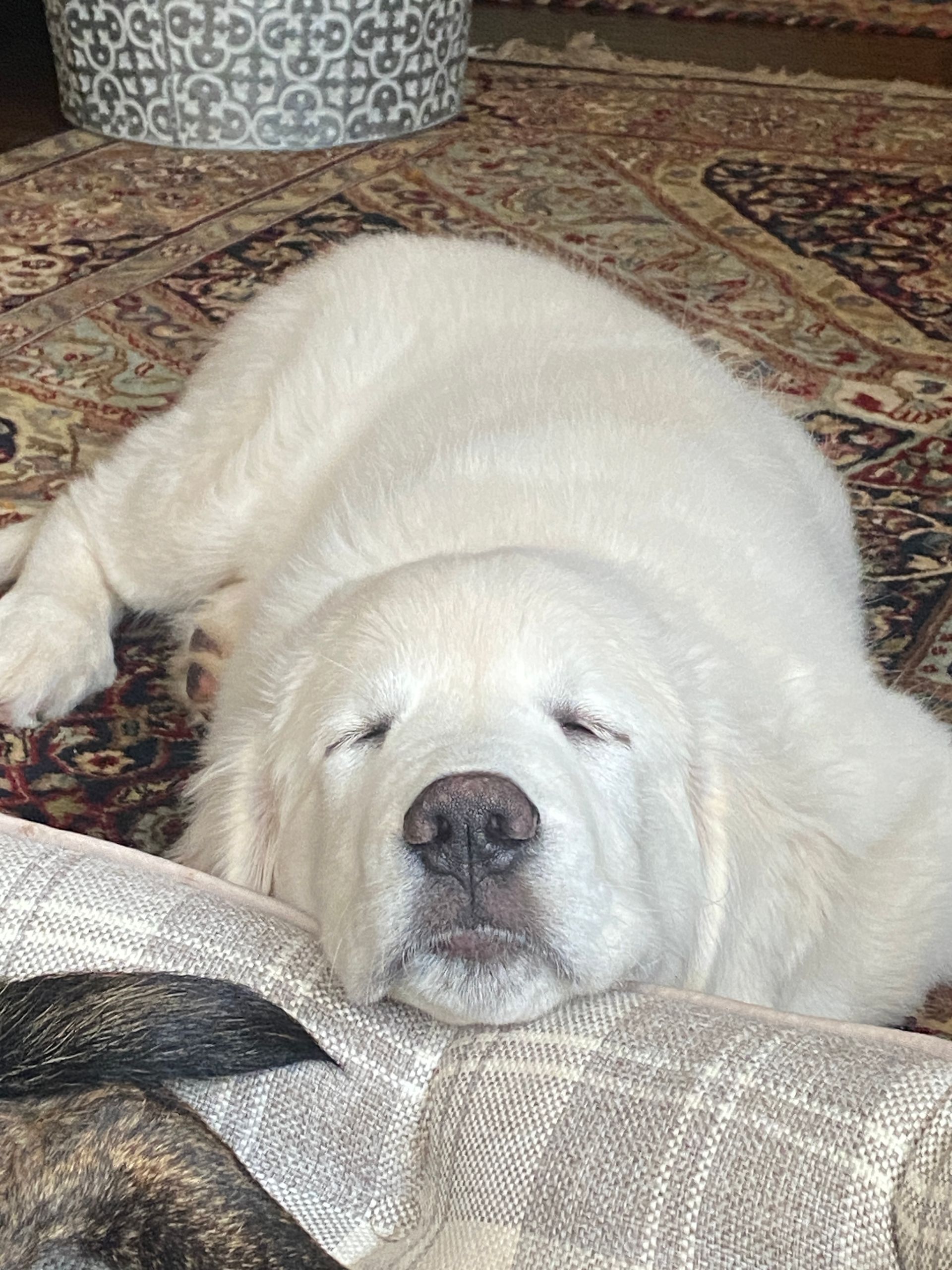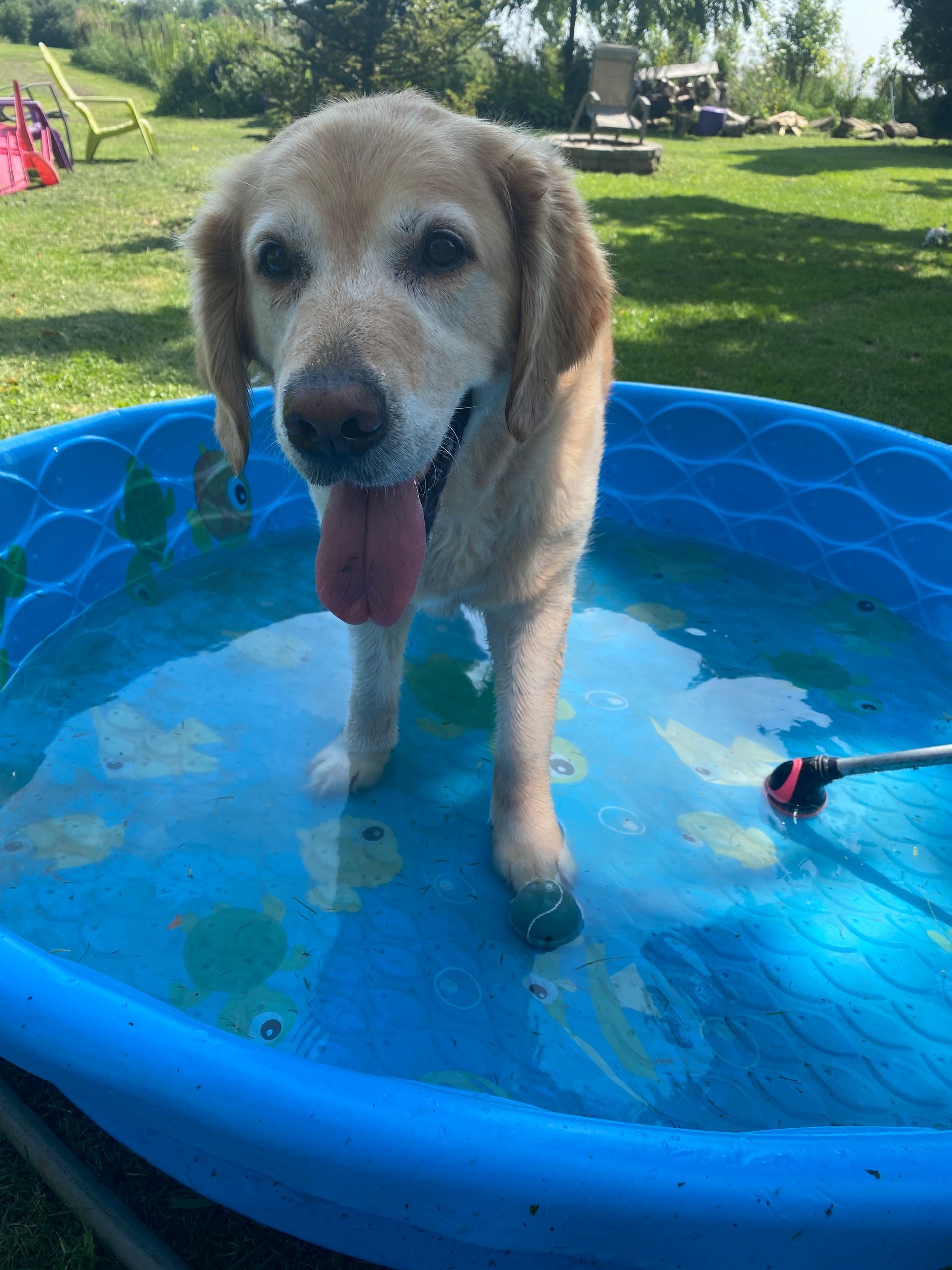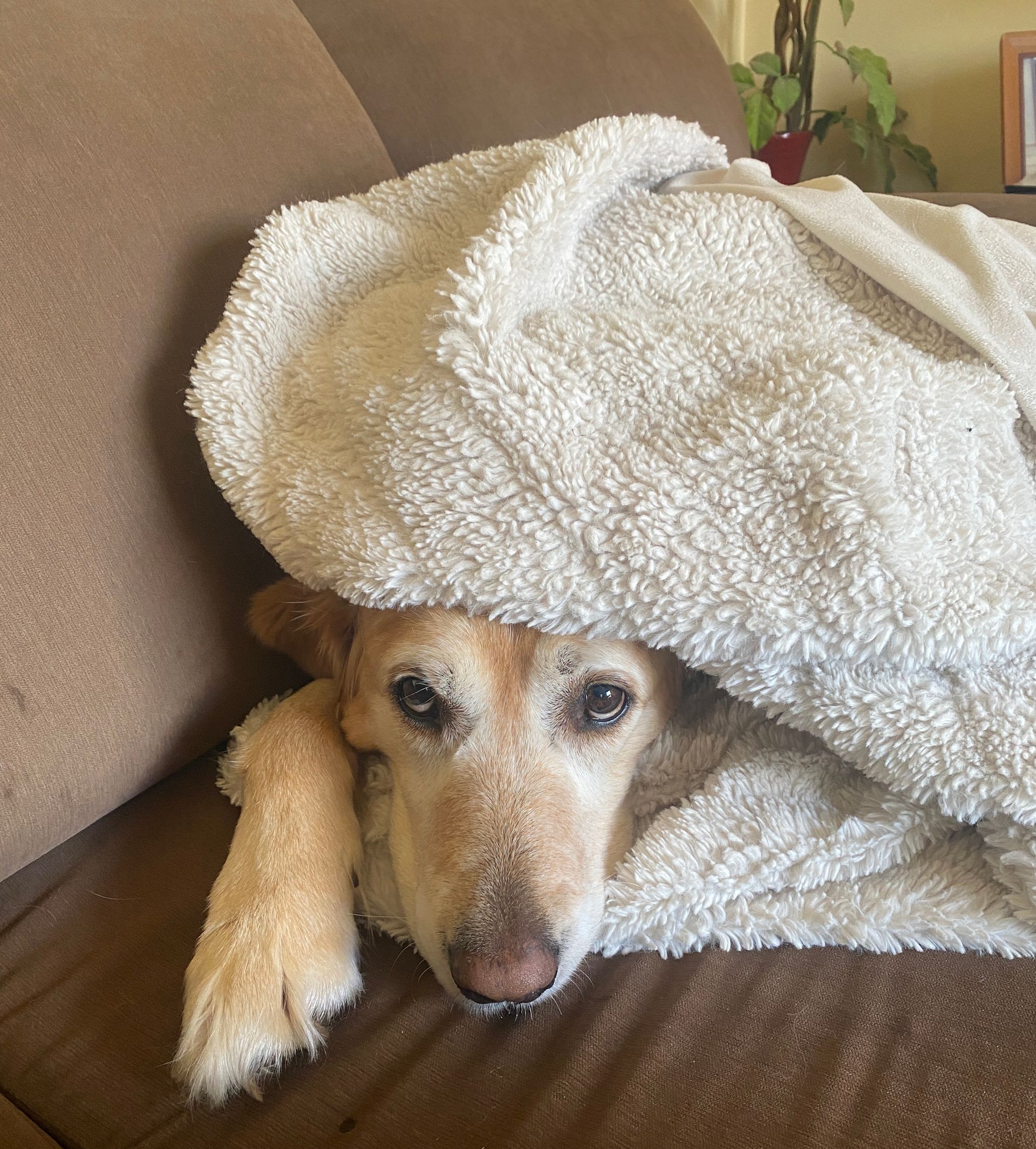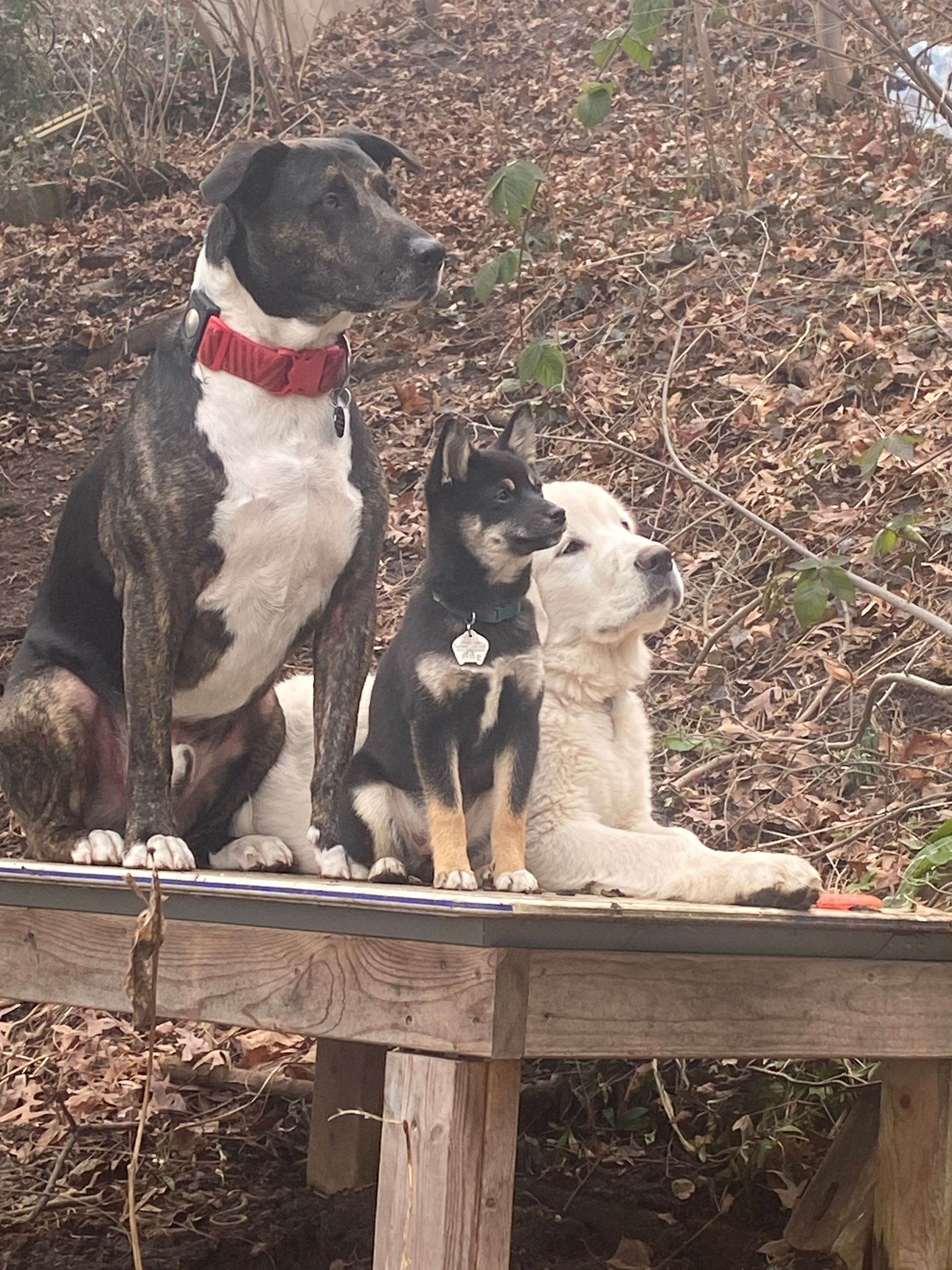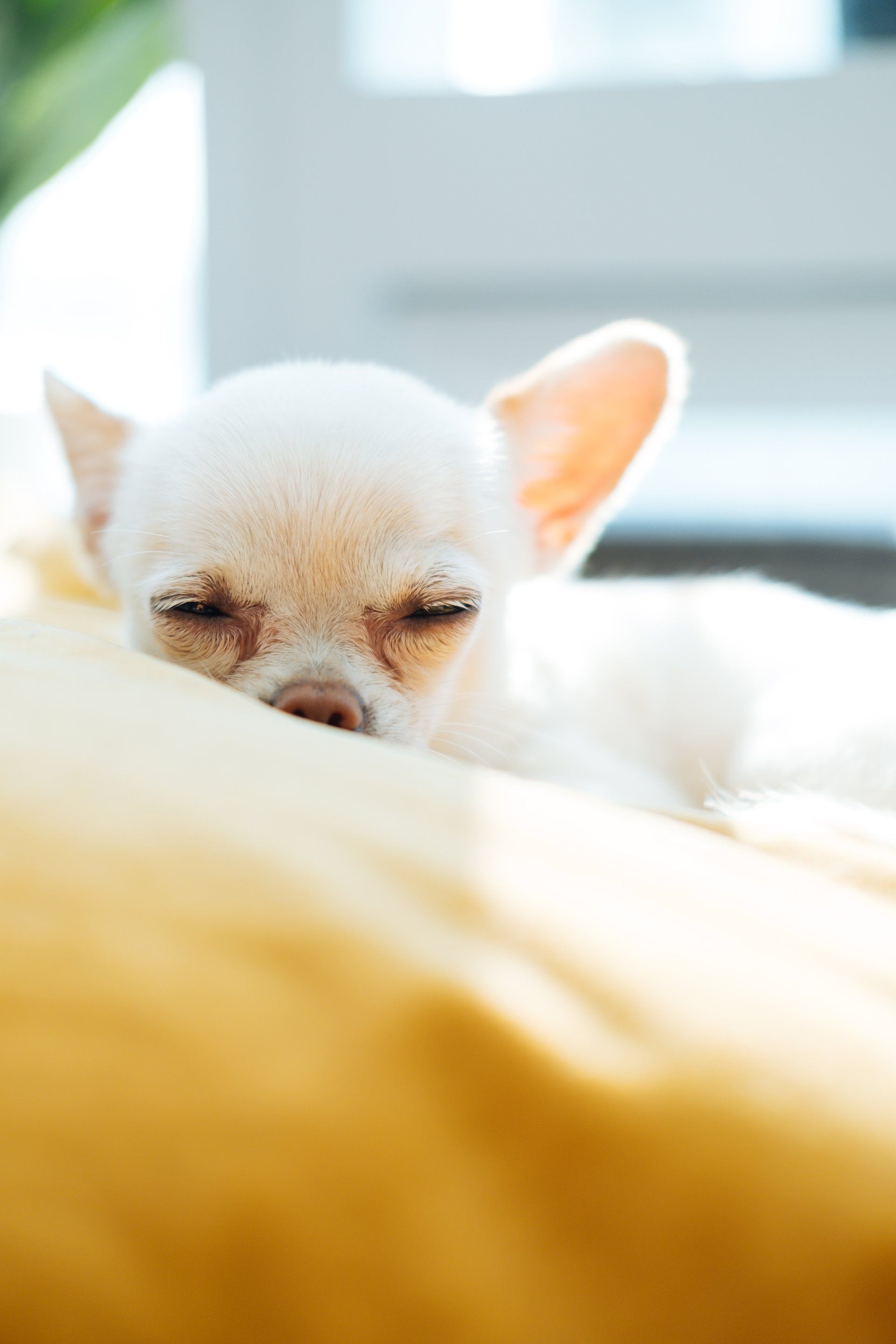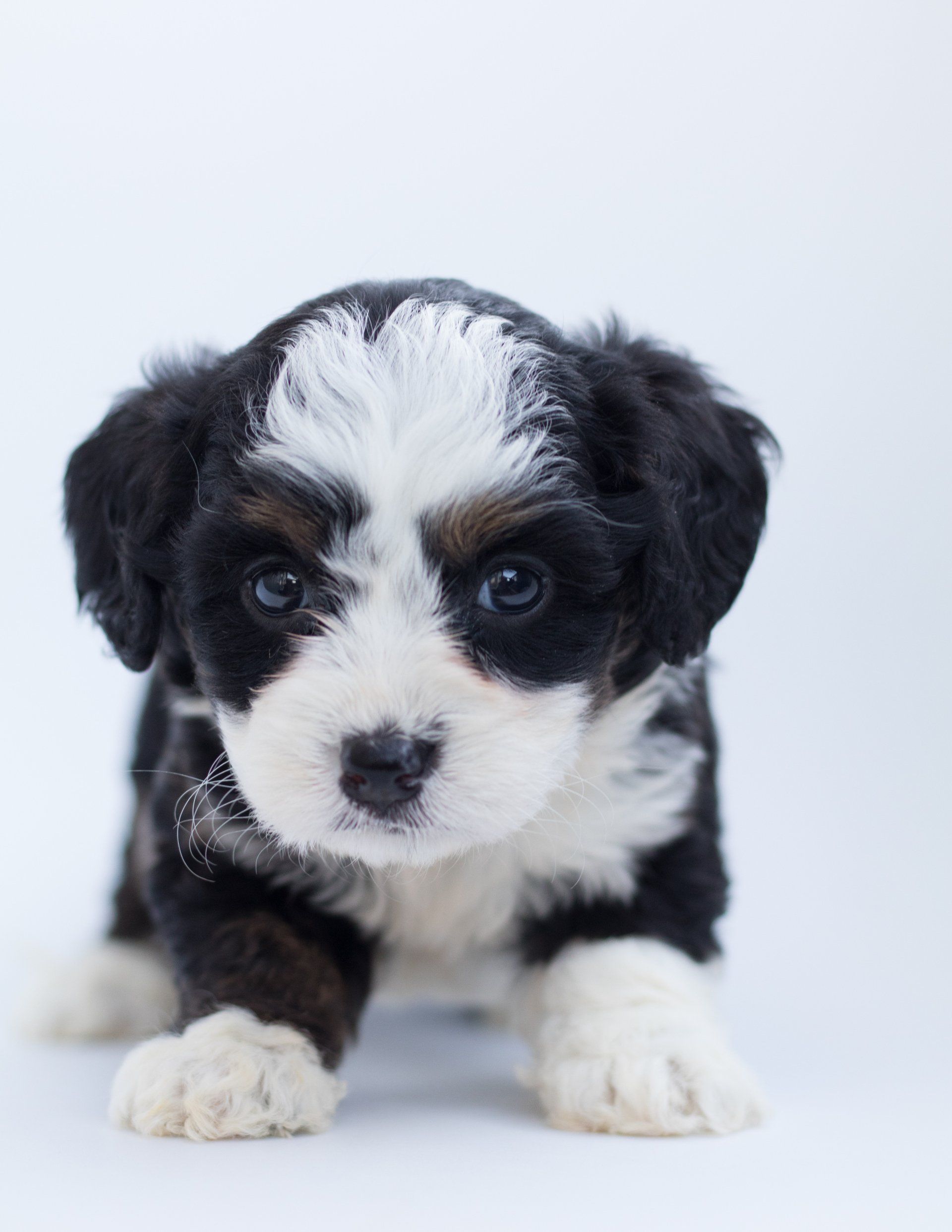Games 4 Dogs
Get Your Puppy Peeing like a Pro: A Step-by-Step Guide to Potty Training
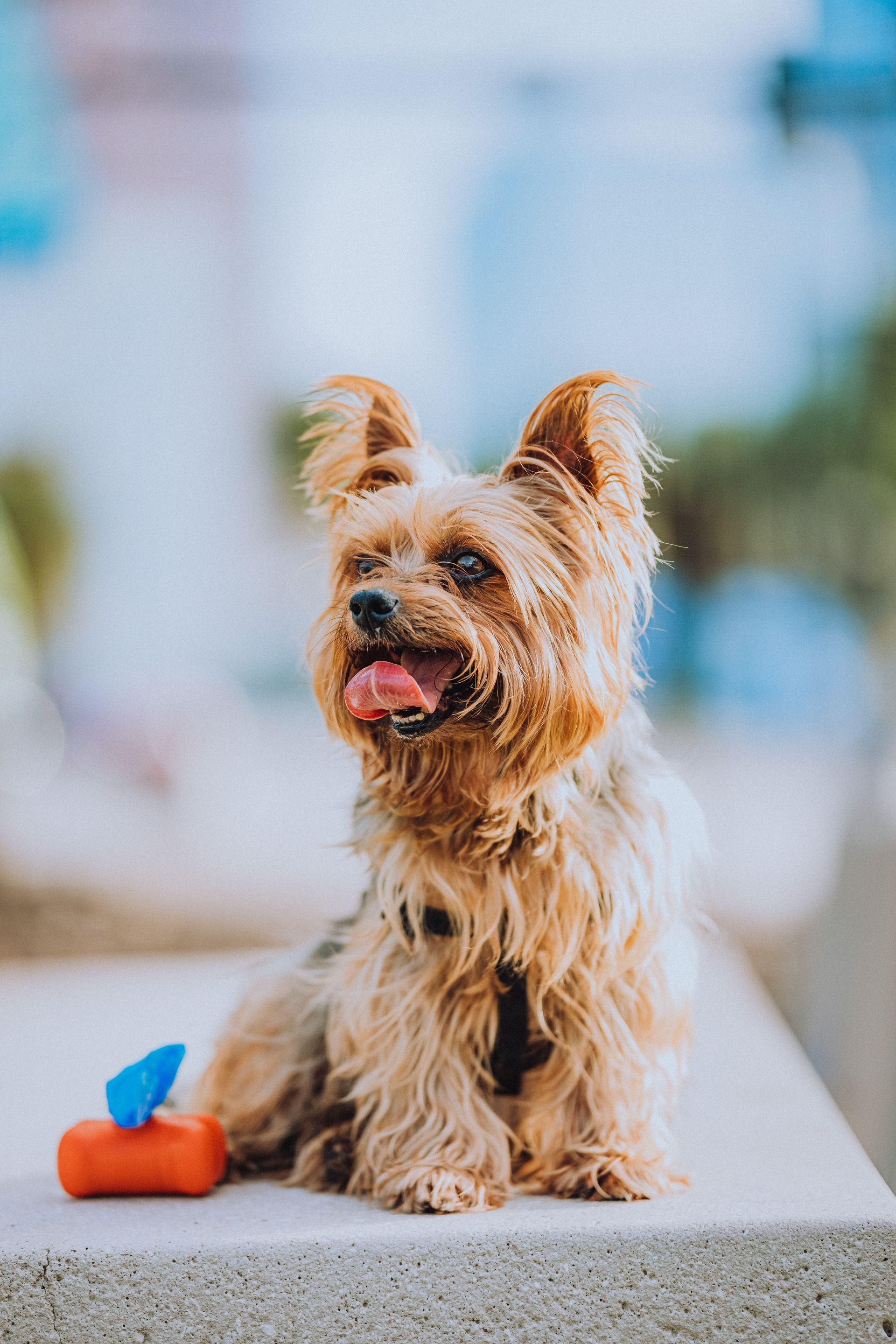
Potty training your pup is more than just a chore - it's a crucial step towards creating a clean, hygienic home for both you and your furry companion. However, even seasoned pet owners can find this task challenging. Fear not, for we have put together a comprehensive guide that will have your pup potty trained in no time!
This step-by-step guide is designed to make the process as smooth and stress-free as possible, even for those who are new to pet parenting.
Understanding the Potty Training Journey’s Most Important Parts:
- Consistency: Consistency is key to successful potty training. You should establish a consistent routine for your puppy that includes regular potty breaks, feeding times, and playtime. This will help your puppy learn when to expect potty breaks and what is expected of them.
- Positive reinforcement:
Using positive reinforcement can be highly effective in potty training your puppy. When your puppy eliminates in the right spot, be sure to praise and reward them with a treat or a toy. This will encourage them to repeat the behaviour in the future.
- Choose a potty spot: Choose a specific spot outside for your puppy to go potty. This will help your puppy learn where they should eliminate and make the process more efficient.
- Use a potty word, such as "go potty," “hurry up” “go pee”. Overtime, this teaches your puppy to eliminate on command. This comes in really handy when your puppy is older and it’s pouring down rain or freezing cold, or really late at night and you want them to go potty quickly so you can run inside the house!
- Give special potty treats/rewards. As soon as puppy has finished eliminating, encourage them to come to you for their special treat. This will ensure that your puppy creates a positive association with going the bathroom outside.
- Take puppy out on a leash: When it's time for a potty break, take your puppy outside on a leash to their designated potty spot. This will ensure that your puppy stays in the designated area and doesn't get distracted by other things.
- Keep a timer between each potty break and watch for signs: To effectively potty train your puppy, it's important to keep a timer between each potty break and watch for signs that your puppy needs to go. Keep an eye out for behaviours such as sniffing around, circling, or whining, and take your puppy outside on a leash to their designated potty spot when you notice these signs.
- As your puppy becomes better at holding their bladder, gradually extend the time between potty breaks each week. However, it's important to be mindful of your puppy's age and ability to hold their bladder and avoid pushing them too hard too quickly. To get started, I suggest taking your puppy out every 60 minutes while they are awake during their first week in your home. Then, every week, lengthen the time by 30-60 minutes between every potty break. Consistency is key, so make sure to stick to a routine, and your puppy will be potty trained in no time!
- Be patient: Potty training takes time, and accidents will happen. Be patient with your puppy and continue to provide consistent training and positive reinforcement. It’s your job to keep your puppy on a routine that sets them up for success. Supervise them closely, put them on a daily schedule that includes scheduled potty breaks, scheduled meals, playtimes, obedience training and alone time in their crate and you are setting them up for success! Avoid punishment and negative reinforcement, as this can confuse and stress out your puppy.
- Clean up accidents thoroughly: When accidents do happen, be sure to clean them up thoroughly and use an enzymatic cleaner to eliminate any lingering odours. This will help prevent your puppy from being attracted to the same spot again in the future.
- Celebrate success: When your puppy successfully goes potty as desired, be sure to celebrate their success verbally. Puppy understands when you are happy and this will help reinforce the behaviour and create a positive association with going potty outside. Don't forget to reward your puppy with their special potty treat when they are successful
Creating a Puppy Schedule and Routine
In addition to consistent potty breaks and crate time, it's important to create a routine for your puppy that includes wake up and bed times, nap times, play time, and obedience training. This routine can help your puppy feel secure and confident, and can also help prevent behavioural issues like separation anxiety.
- Start by establishing a consistent wake up and bed time for your puppy, as well as a regular feeding schedule. This will help regulate your puppy's bathroom habits and make potty training more efficient.
- Incorporate nap times and play time into your puppy's routine to help them burn off energy and develop good sleeping habits. It's also important to include obedience training in your puppy's routine, as this can help establish good behavior habits and strengthen the bond between you and your puppy.
- When creating a routine for your puppy, be sure to consider their age, breed, and individual needs. Puppies need way more more sleep and play time than adult dogs, so you may need to schedule more frequent naps and play sessions.
- Remember to always provide positive reinforcement and be patient as your puppy learns and adjusts to the routine. With a consistent schedule and routine, you can help your puppy develop good habits and become a well-adjusted and happy member of your family.
Potty Accidents
Puppies need to be taught how to eliminate in a way that works for your family, and accidents are not their fault. To prevent accidents and ensure a quick learning process, it's important to follow a few key steps.
- Supervision is key, so make sure to closely watch your puppy. Limit their access to one central room and establish a puppy routine that includes wake-up and bedtimes, nap times, playtime, and obedience training. If you need to step away for a moment, consider placing your puppy in their crate with an alone time treat to keep them occupied.
- In the event that accidents do occur, it's crucial to clean up the mess thoroughly and promptly to prevent lingering odours and avoid reinforcing bad habits. Use an enzymatic cleaner designed specifically for pet urine to break down and eliminate the odour. Avoid using ammonia-based cleaners, as the smell of ammonia can actually attract dogs to urinate in the same spot again.
- If you're unable to supervise your puppy after you have fed and exercised them, placing them in their crate with an appropriate alone time treat can be helpful. I suggest create “alone time treats” for them when you give them crate time. There are many easy recipes available online, but make sure to choose one that is appropriate for your puppy's age and dietary needs. With consistent training and patience, your puppy will learn quickly and accidents will become a thing of the past.
If accidents continue to occur, it may be helpful to reevaluate your overall potty training routine and adjust as needed. Consider increasing the frequency of potty breaks, providing more supervision and positive reinforcement, or seeking the advice of a professional dog trainer.
Common Potty Training Problems
When it comes to potty training a puppy, it's not uncommon to encounter some common issues. The good news is that many of these issues can be overcome with patience and persistence. Here are some of the most common issues and how to address them:
- Regression:
Sometimes, even after making progress with potty training, a puppy may regress and have accidents inside. This can be due to various factors, such as a change in routine or environment, illness, or stress. To overcome regression, it's important to go back to the basics of potty training and re-establish a routine. Take the puppy out frequently, provide lots of positive reinforcement, and consider increasing supervision and confinement to limit access to areas where accidents have occurred in the past.
- Refusal to go: Some puppies may become stubborn and refuse to go potty outside. This can be frustrating, but it's important not to punish or scold the puppy. Instead, try to make going outside more enticing. Take the puppy to a new location, offer a high-value treat or toy, or try using a different type of leash or harness. If the puppy still refuses to go, bring them back inside and try again in a few minutes.
- Anxiety:
Potty training can be stressful for some puppies, especially if they have a history of abuse or neglect. Signs of anxiety may include pacing, whining, or hiding. To help ease anxiety, provide plenty of positive reinforcement, such as treats and praise, and establish a predictable routine. Consider using pheromone sprays or diffusers, such as Adaptil, which can help calm anxious puppies. In severe cases, consult with a veterinarian or professional dog trainer for additional guidance.
Successfully potty training your puppy requires patience, consistency, and a bit of effort. By following the tips outlined above, you can help your puppy develop good potty habits and become a well-trained and happy member of your family. In summary, closely supervise your puppy, limit their access to one central room, create a routine that includes regular potty breaks, use positive reinforcement and rewards, and be prepared for accidents to happen. If you encounter any issues, troubleshoot them promptly and with patience. And finally, remember to have fun and enjoy the process of bonding with your furry friend. By taking action and starting the potty training process today, you'll set your puppy up for a lifetime of good habits and happiness.

